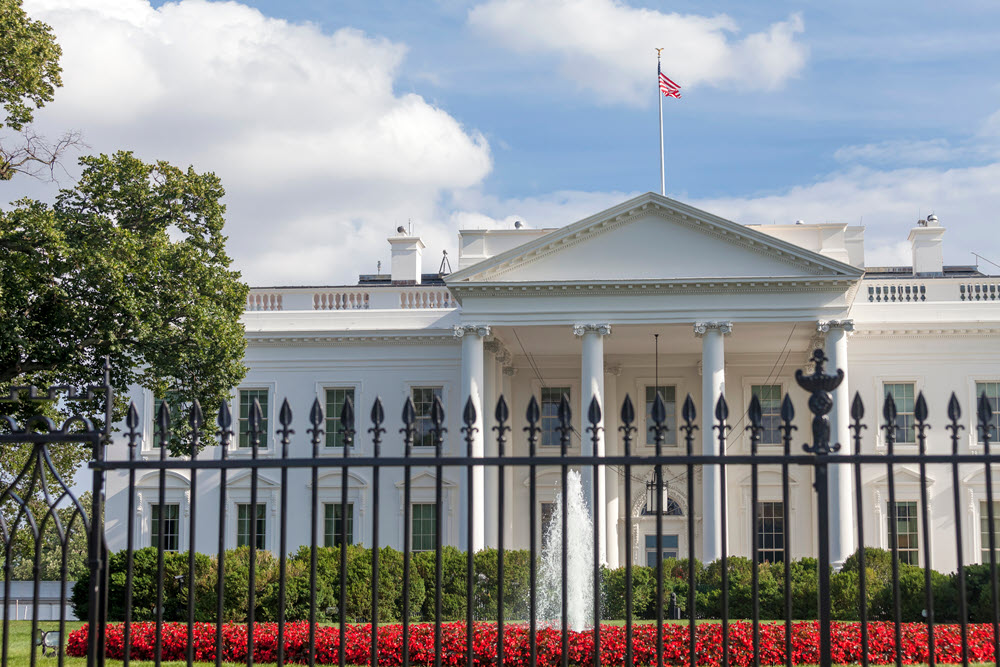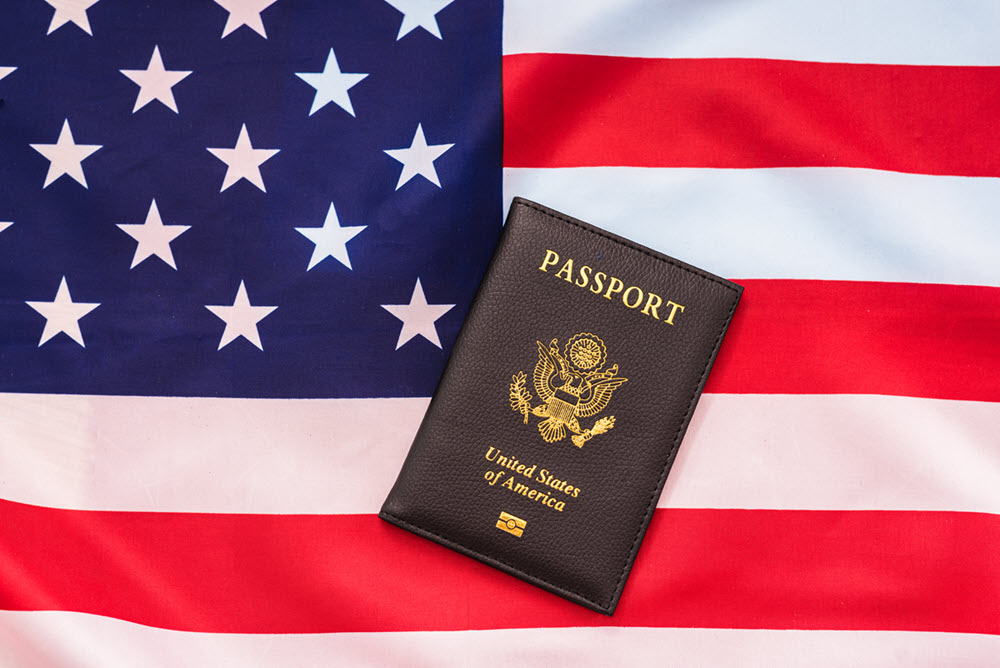Birthright citizenship is a legal principle that grants automatic citizenship to individuals born within a country’s territorial boundaries, regardless of their parents’ citizenship status. In the United States, this concept is enshrined in the Fourteenth Amendment to the Constitution, which states:
“All persons born or naturalized in the United States, and subject to the jurisdiction thereof, are citizens of the United States and of the State wherein they reside.”
This clause establishes that anyone born on U.S. soil, who is subject to its jurisdiction, is a U.S. citizen. The phrase “subject to the jurisdiction thereof” excludes certain individuals, such as children of foreign diplomats, who are not subject to U.S. laws.
Historical Context
The principle of birthright citizenship, or jus soli (“right of the soil”), has its roots in English common law, which the United States adopted. However, the application of this principle in the U.S. has evolved over time.
Before the Civil War, the Supreme Court’s decision in Dred Scott v. Sandford (1857) denied citizenship to African Americans, whether free or enslaved. This ruling was effectively overturned by the Fourteenth Amendment in 1868, which aimed to ensure that all individuals born in the U.S., particularly formerly enslaved people, were granted citizenship.
Legal Interpretations and Supreme Court Rulings
The Supreme Court has addressed birthright citizenship in several landmark cases. In United States v. Wong Kim Ark (1898), the Court held that a child born in the United States to foreign parents who were legally domiciled and residing in the U.S. was a citizen under the Fourteenth Amendment. This decision reinforced the broad application of birthright citizenship.
Recent Debates and Actions to End Birthright Citizenship
In recent years, birthright citizenship has become a topic of political debate, particularly concerning children born in the U.S. to undocumented immigrants. Some argue that the Fourteenth Amendment should not apply to these individuals, suggesting that the “subject to the jurisdiction thereof” clause excludes them. However, the prevailing legal interpretation, supported by Supreme Court precedents, maintains that most individuals born on U.S. soil are citizens, regardless of their parents’ immigration status.
Efforts to end birthright citizenship, such as proposed executive orders, would likely face significant legal challenges. Legal experts assert that altering this constitutional right would require a constitutional amendment, a process necessitating broad legislative approval and ratification by the states.
Presidential Executive Order to End Birthright Citizenship

On January 20, 2025, President Donald Trump signed an executive order aiming to end birthright citizenship for children born in the United States to undocumented immigrants.
This action seeks to reinterpret the Fourteenth Amendment’s Citizenship Clause, which has historically granted automatic citizenship to nearly all individuals born on U.S. soil. Legal experts widely contend that such a significant change cannot be accomplished through an executive order alone and would require a constitutional amendment.
Consequently, this executive order is expected to face substantial legal challenges, as it directly contests longstanding interpretations upheld by the Supreme Court, notably in United States v. Wong Kim Ark.
International Perspective
The United States is among the few countries that grant unconditional birthright citizenship. Many nations have moved away from jus soli, adopting more restrictive policies that consider parents’ citizenship or residency status. This international context adds another layer to the domestic debate on birthright citizenship in the U.S.
Conclusion
Birthright citizenship is a foundational element of American identity and legal structure, rooted in the Fourteenth Amendment. While debates continue regarding its application, particularly in the context of immigration, any changes to this principle would require substantial legal and constitutional processes.
So, as of now, the fate of birthright citizenship and the 14th Amendment is still up in the air.
If you believe you are being impacted by the implications of the recent executive order, consider consulting with a reputable immigration attorney.
